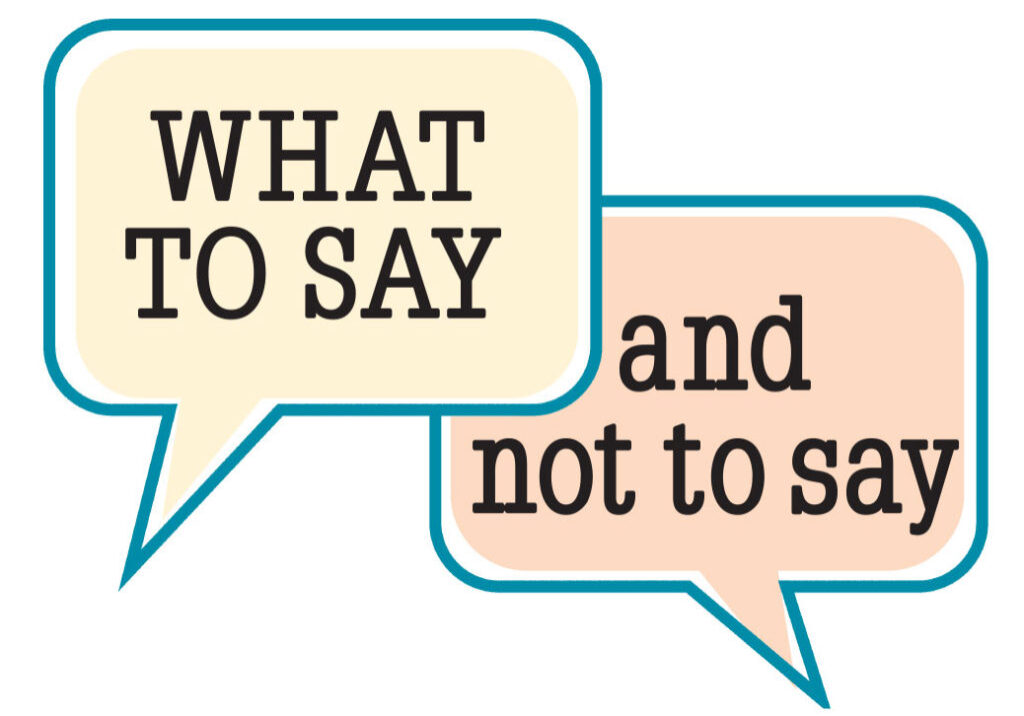When Anderson resident Jordan Heberlein learned his daughter Brooklynn would be born with Down syndrome, he had no idea how deeply it would transform his life, not only as a father, but as an advocate. His parenting journey, from the early stages of uncertainty to his involvement in the special needs community today, shaped and continues to guide how he shows up for his daughter and other families who are walking a similar path.
Confronting grief and overcoming stereotypes
Receiving a diagnosis for your child always comes with a rollercoaster of emotions—some of which are expected and others that catch you completely off guard. Jordan remembers spending those early days focusing on staying upbeat and making sure his wife, Caitlin, was OK. It wasn’t until later that he realized he was grieving, which is a very common and natural emotion for parents of children with disabilities. “I was masking some of the feelings I had about it, and once I was able to learn that, I could get through it,” he says.
One of Jordan’s early challenges was confronting the stereotypes he didn’t even realize he held. When he first learned Brooklynn would be born with Down syndrome, he found comfort in the familiar notion that people with Down syndrome are “always happy.” But as Brooklynn grew and her personality took shape, that belief didn’t hold up. “Sure, Brooklynn is happy, but there are times she is not happy,” he says, pointing out that she, like anyone else, experiences a full range of emotions. Letting go of that stereotype was a turning point—not just in how he related to his daughter, but in how he began to understand and advocate for the broader disability community.
Building connections and an inclusive community
Jordan says the best piece of advice he can give to parents with a newly diagnosed child is to get connected to other families whose child has a similar diagnosis. Whether through a local group, an established organization or an online space, connecting with others who are going through the same experiences helps ease the isolation and provides real-life support from people who truly understand.
The Heberlein family became involved with the Down syndrome Diagnosis Network (DSDN)(dsdiagnosisnetwork.org) shortly after Brooklynn was born nine years ago. Looking for connection and support, Jordan joined their group specifically for fathers and describes it as “life changing.” Today, he helps organize and lead their annual Rockin’ Dad Retreats.
Jordan and his family are also making a difference in their own community. He and Caitlin oversee the North State region’s Challenger Little League (littleleague.org/play-little-league/challenger)-an adaptive baseball program designed for children with physical and intellectual disabilities. The league is about more than just playing ball; it’s about building inclusion and connection. They incorporate inclusive practices like pairing athletes with “buddies”—peers who offer support with hitting, throwing or catching. But more importantly, Jordan says, it’s an opportunity to create real relationships and shift how kids see one another.
Helping families navigate a new diagnosis
Jordan’s advocacy extends to his professional life. He now works with the Family Wellness Program through the Shasta County Office of Education in partnership with Far Northern Regional Center(farnorthernrc.org). The program supports families who are either in the process of getting a diagnosis for their child or have recently received one. Over 12 weeks, parents attend family-style dinners, connect with other families and participate in guided conversations around topics like grief, emotional resilience and positive relationships. For many of the families, “it’s the first time that they don’t have to advocate for the value of their kid, because all of us in there have a child with a disability and we get it,” Jordan says.
The program also includes sibling support, offering a space for children to process their emotions and help them understand why their brother or sister may need extra time and attention from their parents. “Navigating those feelings in a healthy way is critical for them to know that their parents don’t love them any less,” Jordan says. At home, he and Caitlin are open with their other two children about Brooklynn’s disability and why certain aspects of life might look different for her. “My kids are Brooklynn’s biggest supporters and it’s beautiful,” he said. Still, they make a point to remind her siblings that support doesn’t mean doing everything for her, highlighting the balance between encouragement and fostering independence.
Trusting your instincts and advocating for your child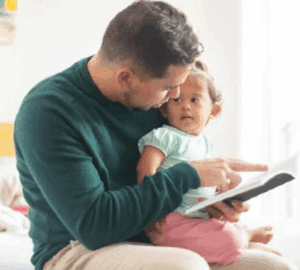
Jordan encourages parents who’ve just received a diagnosis for their child to give themselves grace, avoid comparisons and prioritize self-care, no matter what it looks like. For him, it’s baseball. That “two hours is where nothing else in the world matters besides that game,” he says. For others, it might be something as simple as “a half-hour of watching your favorite TV show after your child goes to bed.” Whatever the outlet, he says, the key is to carve out time to recharge.
For friends and extended family, Jordan acknowledges that people often want to help but sometimes aren’t sure how. His advice? “Just being there, listening and understanding” makes a big difference. He also encourages loved ones to ask questions rather than rely on assumptions—they’ll learn more and it strengthens relationships. Most of all, Jordan reminds parents to trust their instincts and advocate without apology. Whether in a doctor’s office or sitting through an IEP meeting, he urges parents to speak up and ask questions because, “as a parent, we know our child the best.”
Posted in: Family Life & Support
Comment Policy: All viewpoints are welcome, but comments should remain relevant. Personal attacks, profanity, and aggressive behavior are not allowed. No spam, advertising, or promoting of products/services. Please, only use your real name and limit the amount of links submitted in your comment.
You Might Also Like...
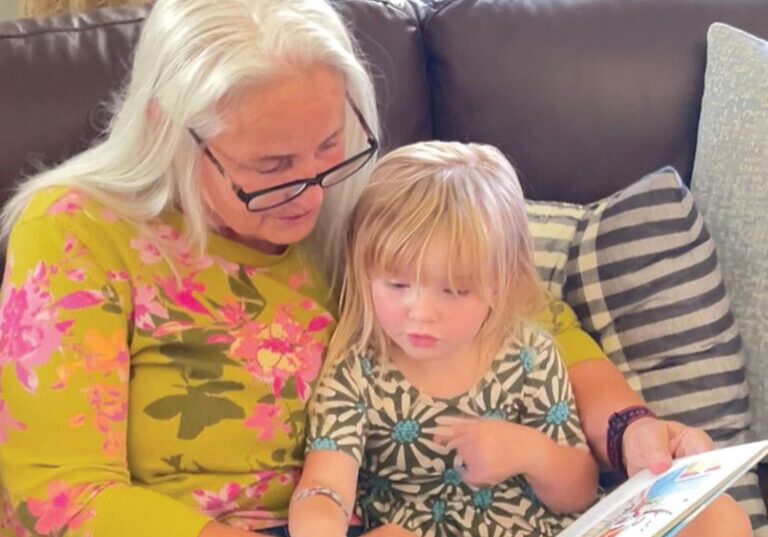
How to Foster a Love of Early Literacy in Your Young Child
One of my most treasured photos from my childhood is of me sitting on my father’s lap as he was reading a book on geology. He was not reading to […]
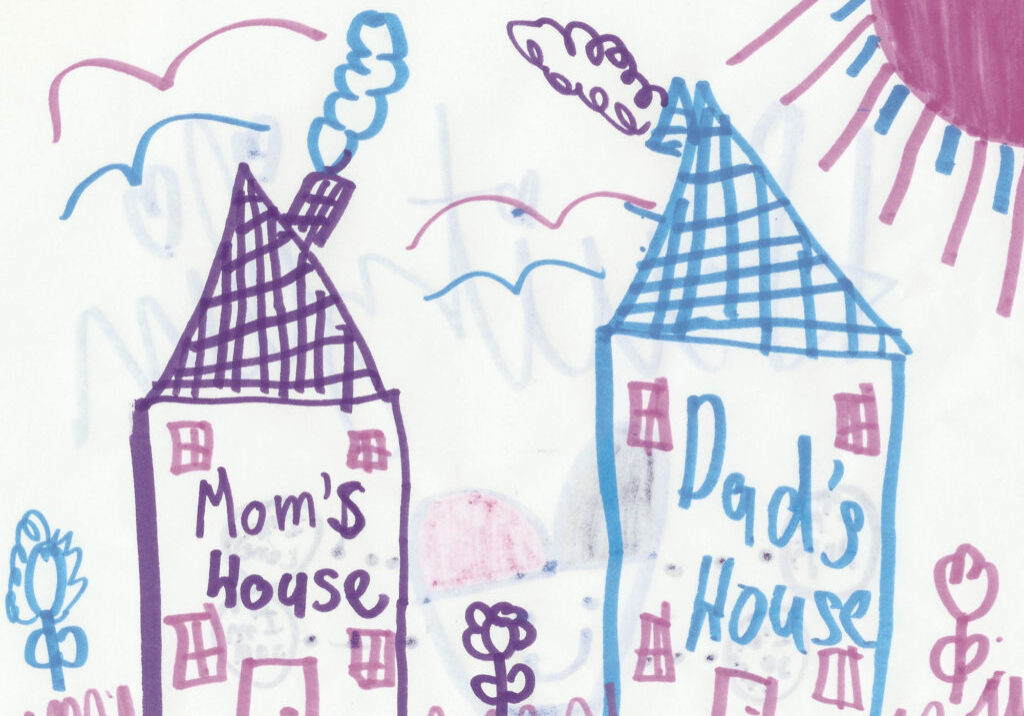
Helping Kids Through Divorce
Parental divorce or separation can be the most heartbreaking and difficult time a family may face. The conflict family separation may bring often takes a toll on children’s behavior, education, […]

What is a Resource Parent? – How to Open Your Home and Heart to Children in Need
Here in the North State, approximately 1,350 children are not able to remain in their own homes. The Department of Social Services matches these children with a resource family where […]
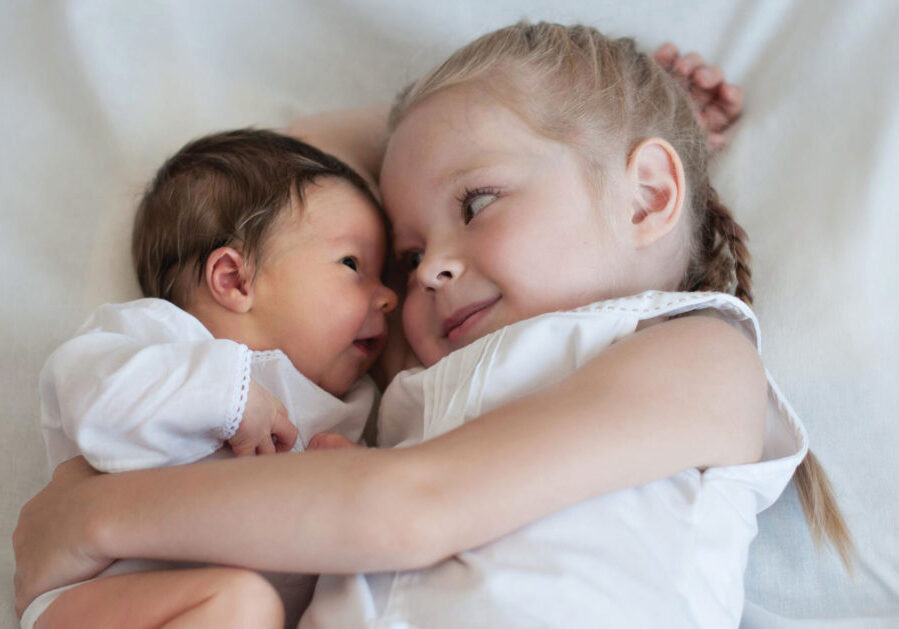
Preparing Your Child for a New Sibling
Preparing your child to welcome a new sibling is both exciting and challenging. While this can provide your older child with a lifelong friend and playmate, the soon-to-be big sibling […]




